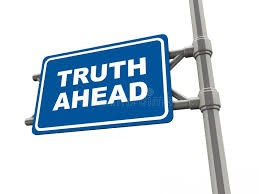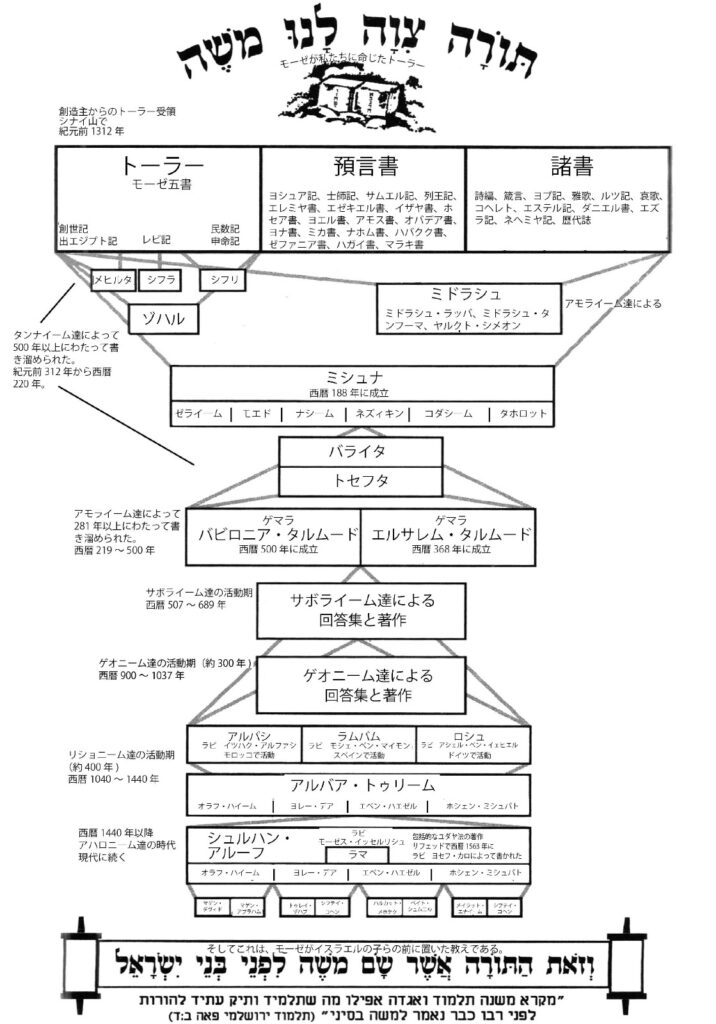Shlach: The Power of Positivity
In this Torah portion, Shlach, we can see the power of speech and the evil tongue, especially regarding the land of Israel. Moses instructed the twelve leaders, one from each tribe, to explore the land and assess its quality, inhabitants, and fortifications. The spies found the land fertile and abundant with milk and honey. They brought back large clusters of grapes as evidence of their richness.
However, most of the spies also reported big challenges. They mentioned that the inhabitants were strong and lived in fortified cities. They even exaggerated the difficulties, saying that the land “consumes its inhabitants” (Numbers 13:21-33 meaning it was dangerous). Caleb and Joshua disagreed with the negative assessment. They believed that with G-d’s help, the Israelites could conquer the land. They urged the people to trust in G-d’s promise and the leadership of Moses.
Unfortunately, the majority of the spies spread fear and demoralization among the Israelites. Their negative report caused panic, and the people wept, expressing regret about leaving Egypt. The result of this rebellion against Moses was that ten spies who spread the negative report died from a plague, while Caleb and Joshua were spared.
This should serve as a valuable lesson about faith in Moses, the greatest prophet, trust, and the consequences of spreading negativity amongst people. It serves as a cautionary tale about the impact of negative speech and the need to focus on G-d’s guidance and true prophets, rather than fear.
Caleb and Joshua were strong in their faith, and trust in G-d and His prophet Moses. Their positive outlook played a crucial role in the Israelites’ journey to the Promised Land. This is also the lesson for our generation, to be strong in the prophecy that was given to our generation, along with the statement that we are the generation of redemption. This will hasten the settlement of all the people of Israel within their land along with overwhelming victory over their enemies.
*This is from a series of articles by Rabbi Bernstein Moshe.




